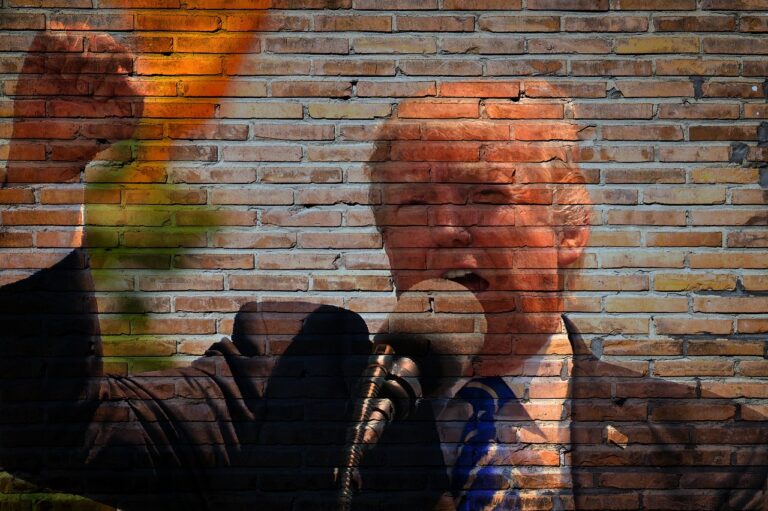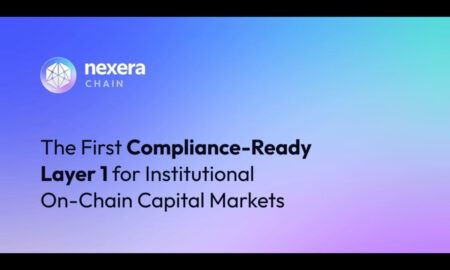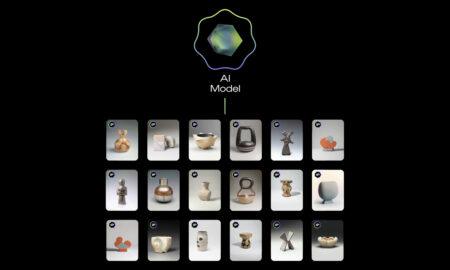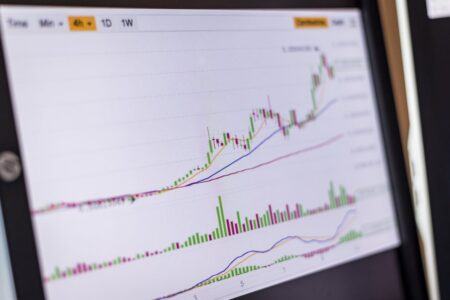Introduction
On February 16, 2024, Justice Arthur Engoron of the New York County Supreme Court issued a sweeping decision and order holding former President Donald Trump, several members of his family, and their various business entities liable for civil fraud. The case, brought by New York Attorney General Letitia James, alleged a longstanding pattern of deceptive practices within the Trump Organization.
Plaintiff: People of the State of New York, represented by Letitia James, Attorney General of the State of New York
Defendants:
- Donald J. Trump
- Donald Trump Jr.
- Eric Trump
- The Donald J. Trump Revocable Trust
- The Trump Organization Inc.
- Several Trump Organization subsidiary companies
- Former CFO Allen Weisselberg
- Former Controller Jeffrey McConney
The Court’s Findings
Justice Engoron concluded that the Trump Organization deliberately misrepresented the value of numerous assets, such as hotels, golf courses, and even personal brands, to secure better loan terms and insurance premiums.
Key fraudulent tactics allegedly included:
- Allegedly Inflating property values: Real estate assets were frequently presented as far more valuable than market appraisals would support.
- Allegedly Misrepresenting occupancy rates: Inflating occupancy numbers of hotels and commercial spaces to bolster the perception of their success.
- Allegedly Exaggerating the Trump brand: Assigning wildly inflated intangible values to the “Trump” name to portray greater wealth.
Consequences of the Ruling
- Financial Penalties: The court ordered penalties exceeding $350 million, with portions including pre-judgment interest. Donald Trump, Donald Trump Jr., and Eric Trump were each ordered to pay millions individually.
- Business Restrictions: Donald Trump, Allen Weisselberg, and Jeffrey McConney are barred from serving as officers or directors in any New York corporation or similar legal entity for three years. Trump is further prohibited from securing loans from financial institutions registered with the New York Department of Financial Services for the same period.
- Enhanced Oversight: Justice Engoron extended the appointment of an independent monitor for at least three years to oversee the Trump Organization’s practices. Additionally, the court ordered the installation of an independent compliance expert within the organization, paid for by the defendants.
Additional Findings
Justice Engoron found that Trump Organization executives repeatedly misled lenders and insurers, engaging in deceptive practices. The judge’s opinion highlights a lack of internal controls within the organization to prevent such activities from occurring.
Implications
This case marks a major legal setback for the Trump Organization and potentially damages its brand reputation. The financial penalties and restrictions on business activities could hamper the organization’s future prospects and ability to secure investments.
The Road Ahead
According to a New York Times article published yesterday, the Trump Organization faces a hefty financial penalty of over $350 million. While the ruling isn’t expected to directly trigger bankruptcy, Mr. Trump has two options: pay the penalty or secure a bond within 30 days. He has signaled his intent to both appeal the financial penalty and seek a halt on the imposed business restrictions while the appeals court reviews the case. Mr. Trump has also issued public condemnation of Attorney General James and Justice Engoron.
In a recent interview with Fox Business’s Maria Bartiromo on “Mornings With Maria,” Trump outlined his positions on a wide range of topics, including economic policy and the risks posed by artificial intelligence (AI). Trump, the likely Republican nominee for the 2024 presidential election, offered sharp critiques of the Biden administration, the Federal Reserve, his opposition to central bank digital currencies (CBDCs), and a concerning recent encounter with a deepfake video featuring himself.
Economic Policies and the Federal Reserve Trump expressed disapproval of the current economic trajectory under President Biden, focusing on the administration’s emphasis on electric vehicles (EVs). He contended that this push is unrealistic due to the elevated costs, limited driving range of EVs, and reliance on China for critical resources. Instead, Trump promotes consumer choice within the automotive sector, supporting the availability of internal combustion, hybrid, and electric vehicles without government-imposed mandates.
On the subject of immigration, Trump asserted that his presidency oversaw a “very strong border,” contrasting this with Biden’s approach, which he claims has opened the floodgates to millions of people entering the country. He issued a warning that continued Biden leadership would be harmful to the United States, characterizing Biden as “incompetent” and the “worst president in our nation’s history.”
Jay Powell and Interest Rates Trump voiced doubts about Federal Reserve Chairman Jay Powell’s capacity to engineer a “soft landing” for the economy. He suggested Powell might manipulate interest rates to benefit the Democratic Party during upcoming elections. Trump foresees significant inflation as a result, particularly if Middle Eastern conflicts intensify and impact oil prices. He directly accused Powell of playing politics and signaled he would decline to reappoint Powell as Fed Chairman should he return to the White House, even alluding to alternative candidates without providing names.
Central Bank Digital Currency and Artificial Intelligence The former president declared resolute opposition to the concept of a central bank digital currency (CBDC). He fears excessive surveillance and the possibility of people finding their accounts drained without warning. Trump positions this as a serious threat, on par with the rapid evolution of AI. He recounted a personal experience where AI technology generated a false endorsement featuring him, stressing the challenges of separating authentic content from fabrication. Trump sees an urgent need to counter the security risks stemming from AI. He warns that the technology’s persuasive power and ability to simulate reality could trigger misinformation and potentially trigger conflicts.
Featured Image via Pixabay









